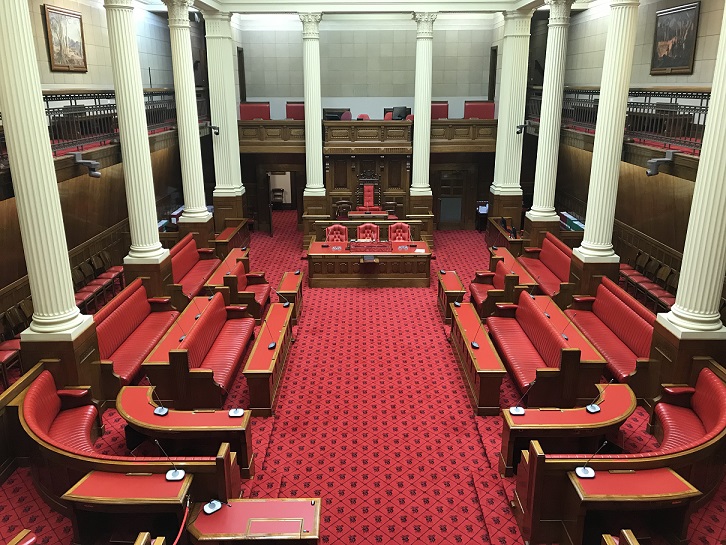About Me
Full Name
Sir William Morgan KCMG
Date of Birth
12 September 1828
Party
Pre-Party System
Position
Former Member
Electorate
The Province
House
Legislative Council
Date Elected
06 August 1867
Public Activities
William Morgan arrived in Adelaide in 1849 from Bedfordshire, England. He ran grocery businesses in Hindley and Currie streets and in 1865 he founded the Bank of Adelaide. In 1867 he was elected to the Legislative Council serving in the ministries of various Premiers, most notably that of Boucaut, during the next decade. With Boucaut's resignation in 1878 Morgan formed a ministry consisting of many of those who served under the previous Premier. The Morgan government, moreover, defended and continued with the controversial big spending policies of the Boucaut administration. The 1870's had been a prosperous decade for South Australia and this was reflected in Morgan's extensive public works programs. These included the construction of the deep drainage sewerage system - the first in an Australian city - and the beginnings of major public works such as the National Gallery and the first parts of University of Adelaide. Due to personal financial difficulties Morgan resigned soon after the opening of the tenth Parliament in mid-1881. He set sail for England in May 1883 but died soon after his arrival.
Other Information
Image reproduced with permission -
State Library of South Australia, SLSA: B3652
State Library of South Australia, SLSA: B3652
Deceased
02 November 1883
Electoral History
Date
District
House
Party
Reason (if retired)
06 Aug 1867 - 02 Nov 1883
The Province
Legislative Council
Pre-Party System
Deceased
Offices Held
02 Nov 1884 - Current
Former Member
Ministerial Appointments
27 Sep 1878 - 24 Jun 1881
Premier
26 Oct 1877 - 24 Jun 1881
Chief Secretary
03 Jun 1875 - 25 Mar 1876
Chief Secretary
